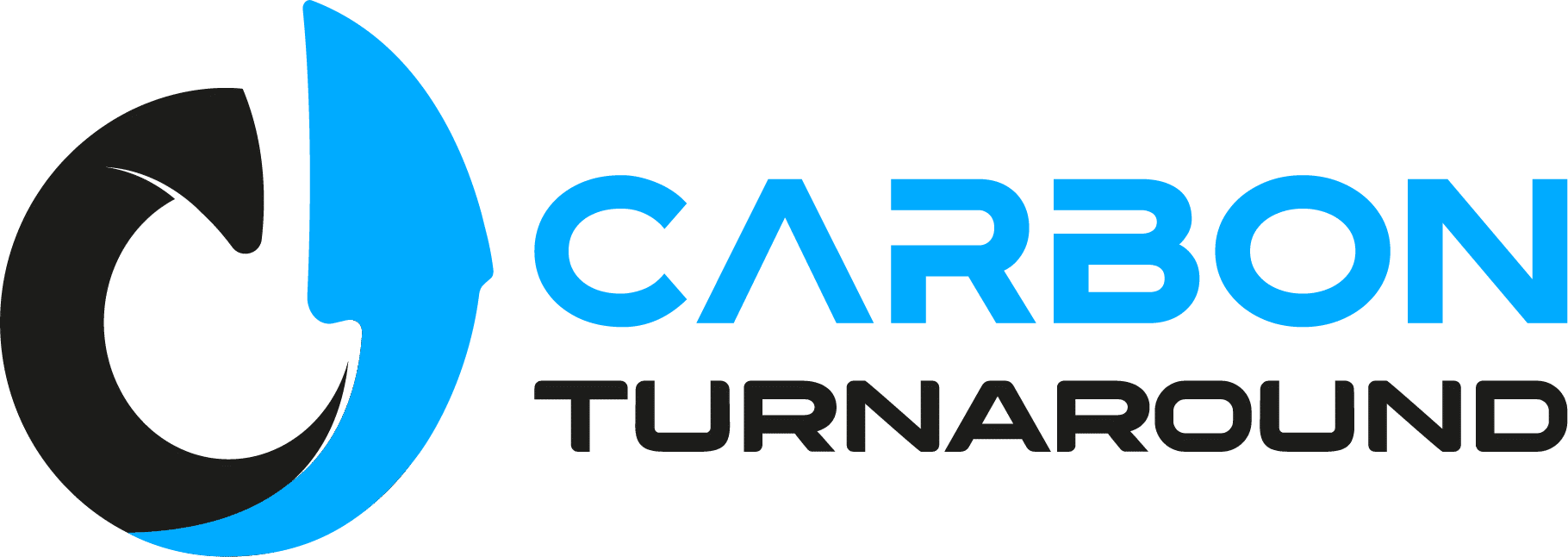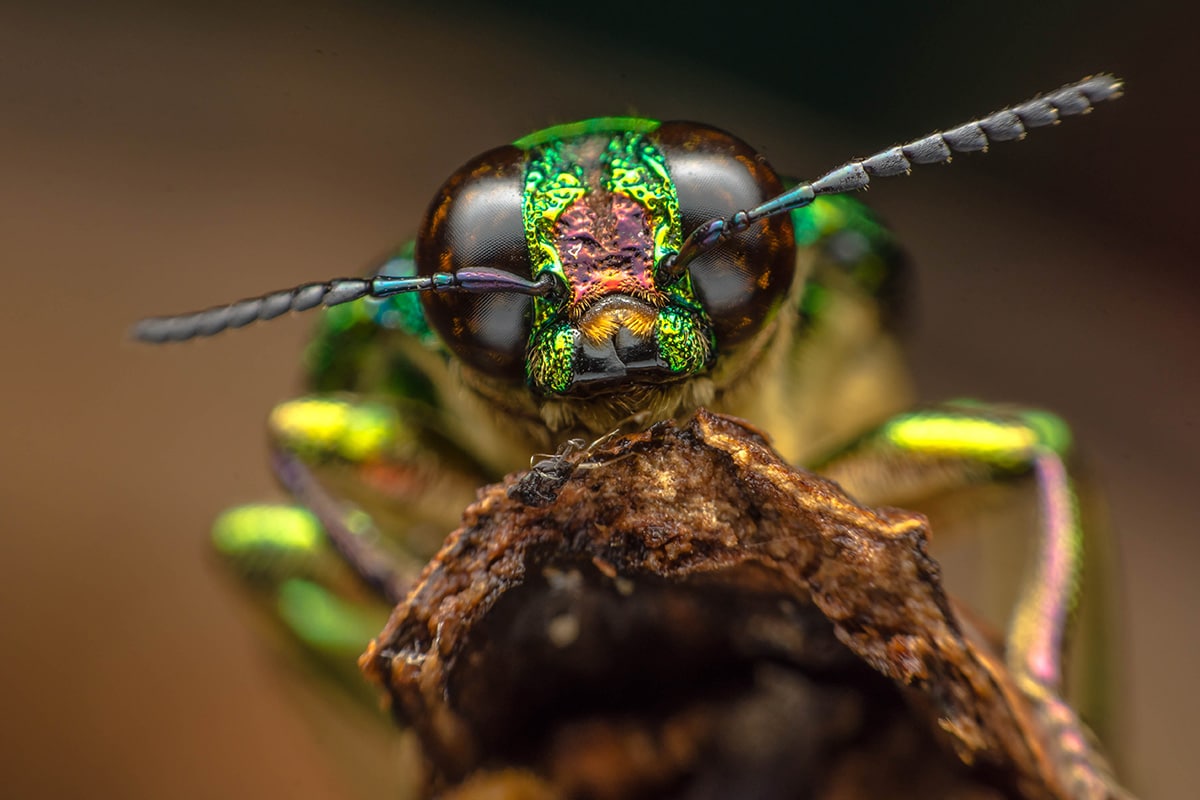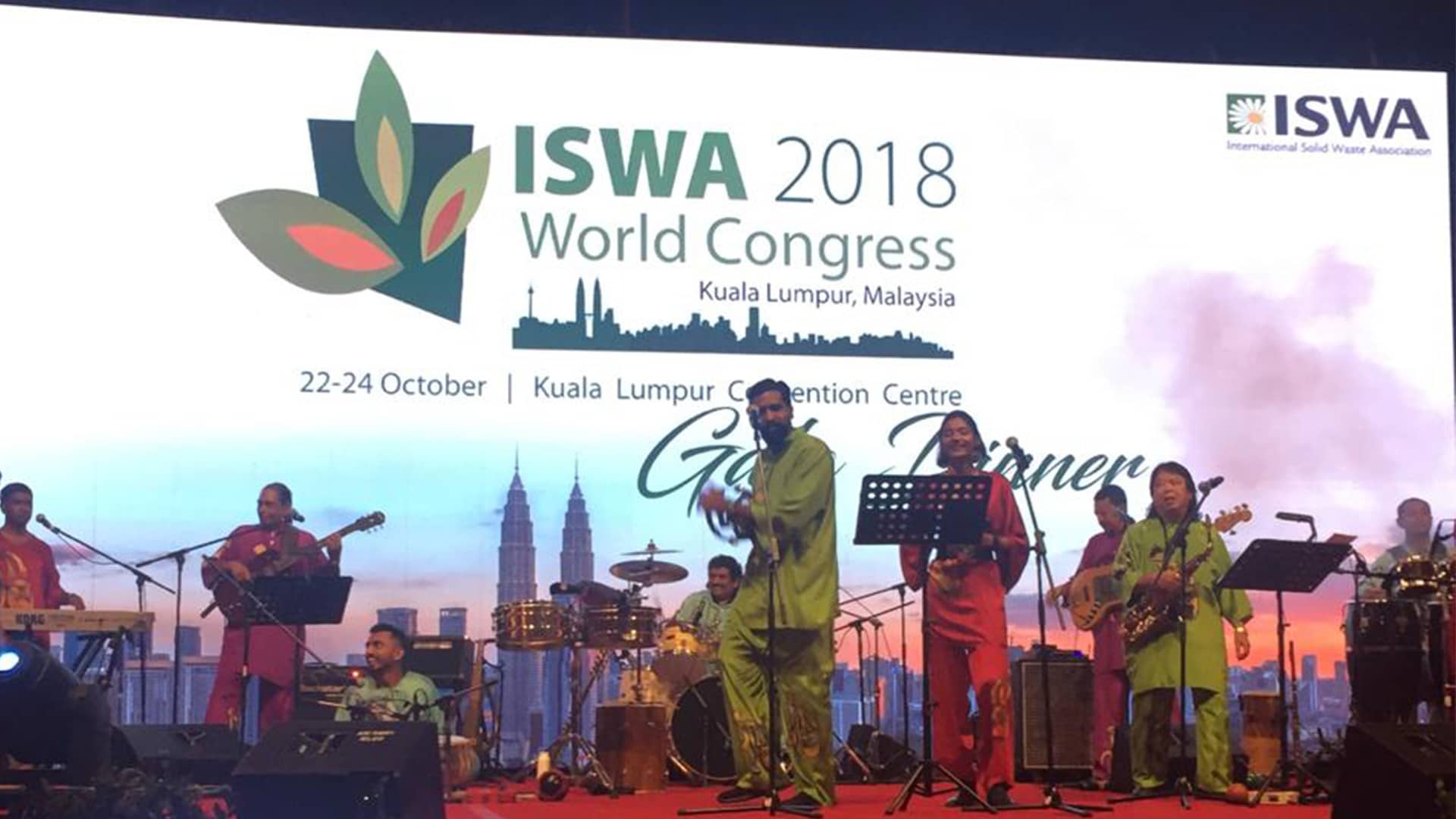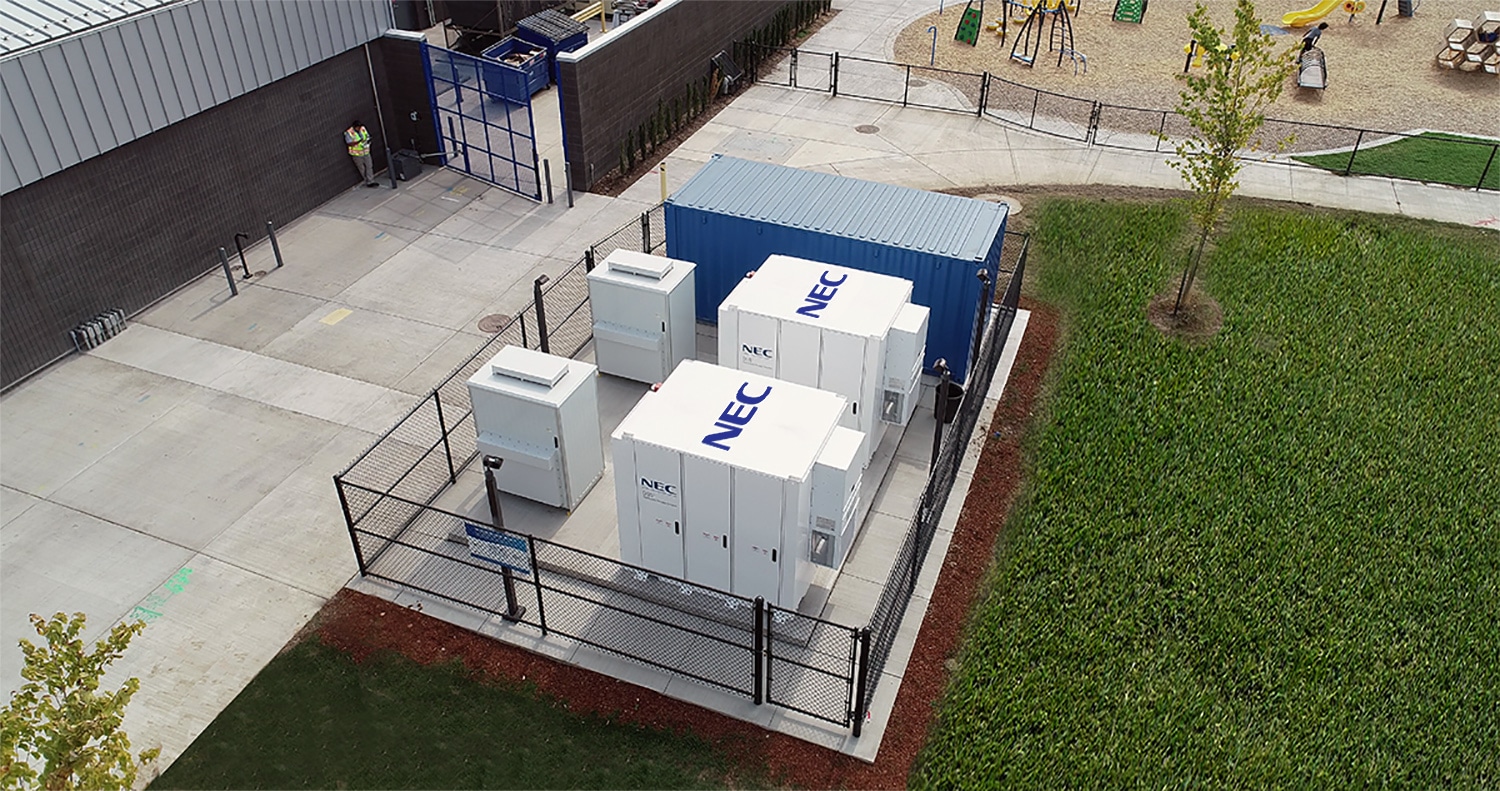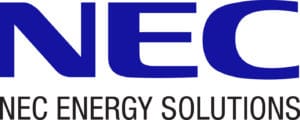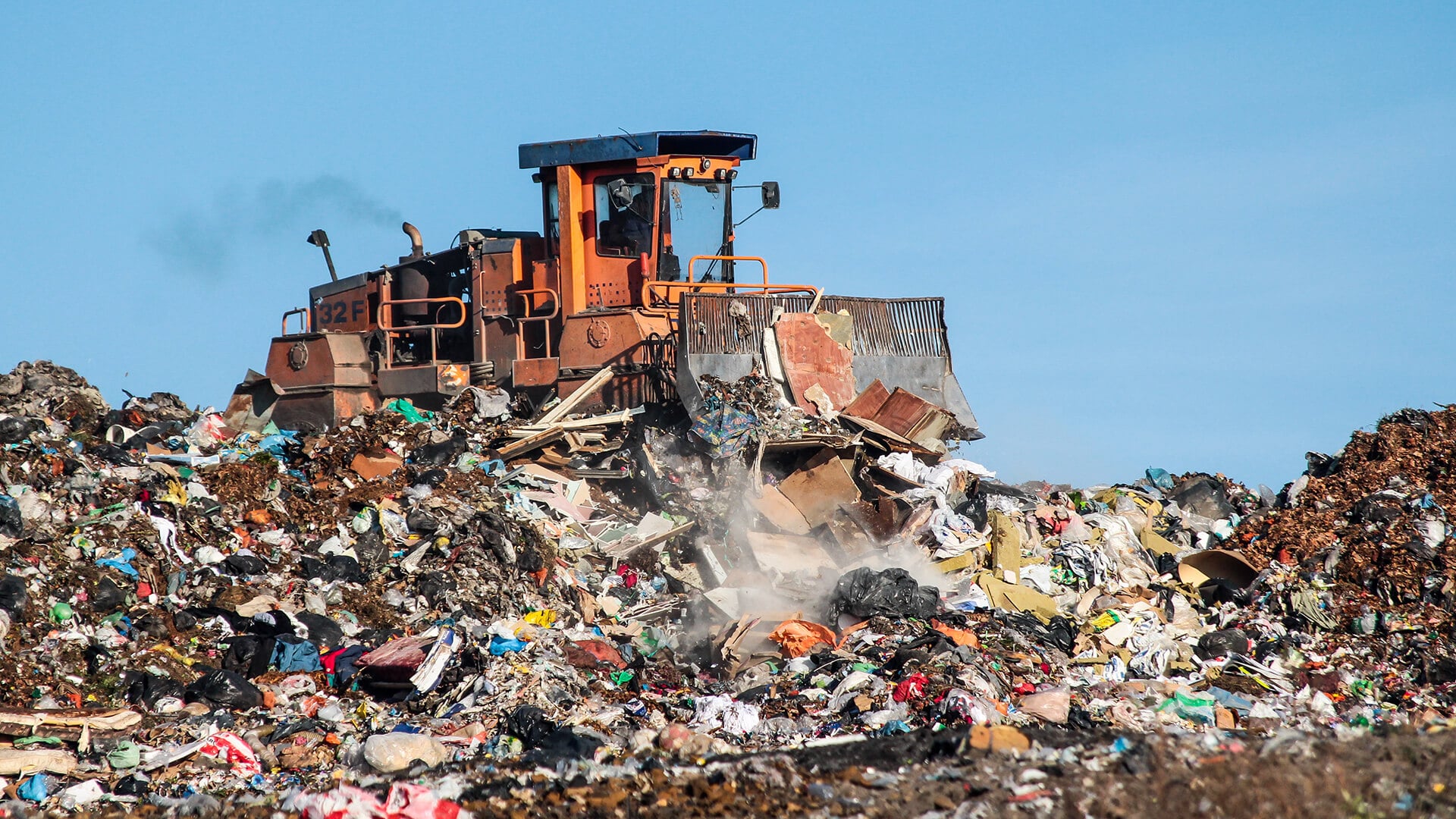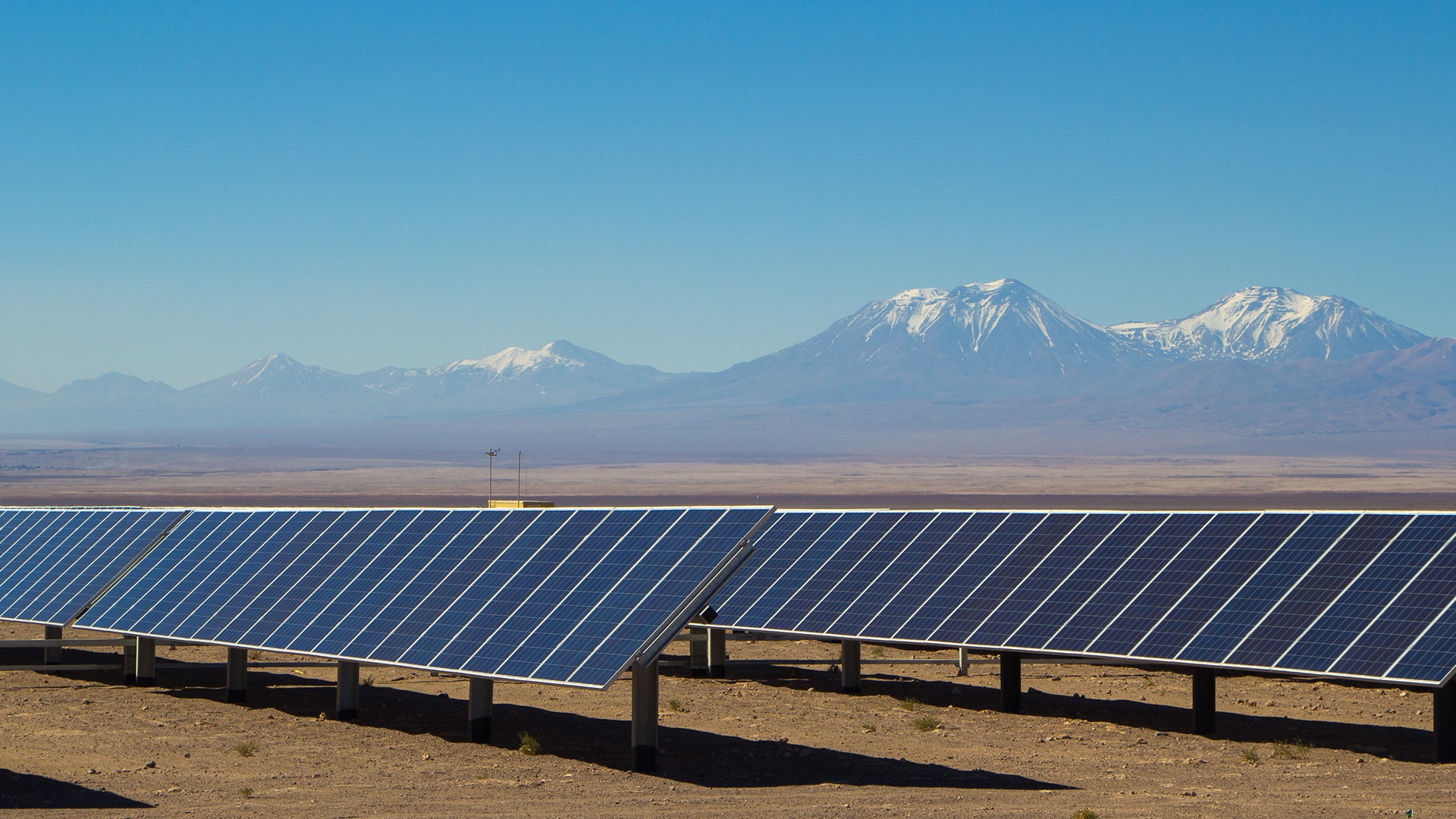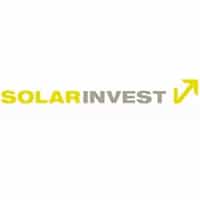Business and project development for innovative organic waste management projects with black soldier fly insect farms for Christof Industries in Latin America
In February 2021, Carbon Turnaround formed a strategic partnership with the Austrian engineering and plant construction specialist Christof Industries in order to develop and implement ground-breaking organic waste management systems in Latin American markets. In Latin America, most of the organic waste from agroindustry and households is still landfilled – with all the detrimental environmental consequences such as methane emissions, spread of infectious diseases or loss of valuable nutrients. The use of these organic waste streams in insect farms can be the perfect solution to solve all of these problems. The black soldier fly is able to process a wide variety of organic waste streams by transforming them into both valuable insect protein and insect oil (used in the aquaculture and animal feed industry) and valuable organic fertilizer (used in agriculture and plant nurseries). This technology can solve all problems related to organic waste management at once and is closing the gap for a circular economy in the agricultural and food & beverage sectors.
Christof Industries with their ChristofCleanCity technologies is worldwide recognized as the leading specialist for large-scale black soldier fly insect farms with a proven track record in different markets in Asia, Africa, Europe and North America. With this strategic alliance between Carbon Turnaround and Christof Industries, we aim to revolutionize the organic waste treatment in Latin America, too.
This potent technology is able to turn unutilized organic waste streams into a highly-priced commodity for the global protein market. This improves the competitive positioning of organic waste generating companies and at the same time solves several sustainability problems related to organic waste, thus making a meaningful contribution to reach the UN SDGs of the Latin American countries.
Methane emissions reduction is considered as a priority to reach the short- and medium-term climate goals because of its high and short-term climate change warming effect. Without a quick and integrated reduction of global methane emissions (among which methane emissions from organic waste management are a substantial part), the targets of the Paris Agreement will not be met. Insect farms are a very powerful technology for these methane emissions reductions in order to meet those climate targets as well as other important UN SDGs.
ISWA – International Solid Waste Association: interim management
In 2018, Arne committed himself to turn around the ISWA, which at that time was based in Vienna, Austria. Within two years Arne managed to keep together the core team of employees, to solve the difficult economic situation and, together with the board of directors, to develop a future strategy for 2030 that is currently implemented. In addition, Arne organized und supervised the relocation of the General Secretary from Vienna to Rotterdam in 2019/2020, while at the same time building up new legal structures in the Netherlands and liquidating the existing ones in Austria. At the end of 2019, Arne completed his successful accomplishment and handed over the managing responsibility for ISWA to Marc Tijhuis, the current Managing Director of ISWA. Arne now serves as Vice President and Board Member of ISWA.
Energy storage business and project development for NEC Energy Solutions
Between 2015 and 2019, Herwig was Head of Business Development for Latin America for NEC Energy Solution, worldwide one of the leading energy storage battery integrators for grid-connected energy storage solutions. Due to its weak grid infrastructure and huge amount of off-grid electricity generation, Latin America was identified by the NEC Group as a promising market for its storage solutions. Herwig led a team of local engineers working in business development and project development based in Mexico, Colombia, Argentina, Brazil and Chile. Energy storage is still a poorly understood technology in these markets, and Herwig had the privilege to participate in many conferences as panelist and speaker talking about the benefits of energy storage for the Latin American energy infrastructure. During these years, several energy storage projects for grid stabilization, behind-the-meter energy storage, demand charge management and solar & PV have been installed in Chile, Colombia and Brazil.
CLOCC – Clean Oceans through Clean Communities
Clean Oceans through Clean Communities (CLOCC) is an initiative by Avfall Norge with ISWA (International Solid Waste Association) as implementing partner and financed by Norad, the Norwegian Agency for Development Cooperation. The main objective of CLOCC is the reduction of marine plastic pollution by means of optimization of waste management in the communities. The current focus country for CLOCC is Indonesia. Arne has been part of the development of this initiative from the beginning in 2018. Since 2019, Arne serves as a trainer in the program.
Global Reporting Initiative – Participation in the GRI 306: Waste 2020 Project Working Group (2018 – 2020)
The UN Sustainable Development Goal 12 places responsible production and consumption central to sustainable development, and it calls on organizations to use natural resources efficiently, to implement environmentally sound waste management as well as to prevent and reduce waste through reuse and recycling. Along with a projected increase in waste generation worldwide, the UN notes the critical environmental, social and human health impacts of specific waste streams such as plastics, food waste, and e-waste. Until recently, sustainability reporting intensively focused on the production phase and direct environmental effects rather than on the end-of-life phase or indirect effects linked to the production and use of goods and services. In order to reflect these developments and to ensure that the GRI standards continue to represent internationally agreed best practice, the Global Sustainability Standards Board (GSSB) has decided to update the waste-related disclosures in GRI 306 (2020). Arne served as a member of the respective Project Working Group from 2018 to 2020, when the new standard was launched successfully.
Photovoltaic business and project development for Solarinvest in Latin America
Solarinvest was one of the leading photovoltaic project developers in Austria during the first European solar boom in the 2000s. To continue its dynamic market growth, Herwig was hired in 2012 as Business Development Manager in order to internationalize the business of Solarinvest. In this role, Herwig undertook several market studies for emerging solar markets such as Turkey, Bulgaria, Chile, Mexico and others. Solarinvest finally decided to enter the Bulgarian and Chilean market as a project developer for grid-connected, large-scale solar projects. Herwig was driving the business development in these new markets. His responsibilities included the complete spectrum of business development, brownfield project acquisition and greenfield project development for ground-mounted photovoltaic power plants.
Car4U Carsharing project development for the city of Santiago de Chile
In 2014 and 2015, Herwig was developing as a founder the first carsharing project, Car4U, for the city of Santiago de Chile. Santiago always has enormous traffic jam and pollution problems resulting from an unsustainable traffic system. Carsharing was identified as one measure to make a contribution to a more sustainable transport system. In the development phase of this project, Herwig made a techno-economic analysis of potential and suitable technology providers, an analysis about consumer acceptance regarding tariff schemes, a selection of appropriate locations for carsharing stations, as well as socio-economic studies about the willingness of potential users to use a carsharing system. Sponsorship partnerships were shaped with partners from the retail sector and with operators of gas filling stations. However, following the finalization of the project development, negotiations with potential investors to finance the implementation of the developed Car4U project did not lead to the expected result, and therefore the project was sold to local investors.
Brownfield investigation and management
Plots of land are becoming scarce in heavily populated areas. In addition, there is a conflict regarding different uses of land for ecosystem preservation, agriculture/forestry, raw material extraction, traffic infrastructure, housing or leisure activities. In this context, brownfield development becomes a major issue for a sustainable progress of societies. This poses risks for investors regarding existing pollution and future costs related to potential land contamination. Arne, with his consulting company ecoconsultants, accompanies clients in assessing the current state, potential land contamination prior to transfer of property, and the development of clean-up strategies. For clients operating industrial sites and performing IPPC-activities (Integrated Pollution Prevention and Control), Arne also provides baseline reports according to the EU Industrial Emission Directive and, if needed, also closure reports as preservation of evidence for leaving sites without contamination.
